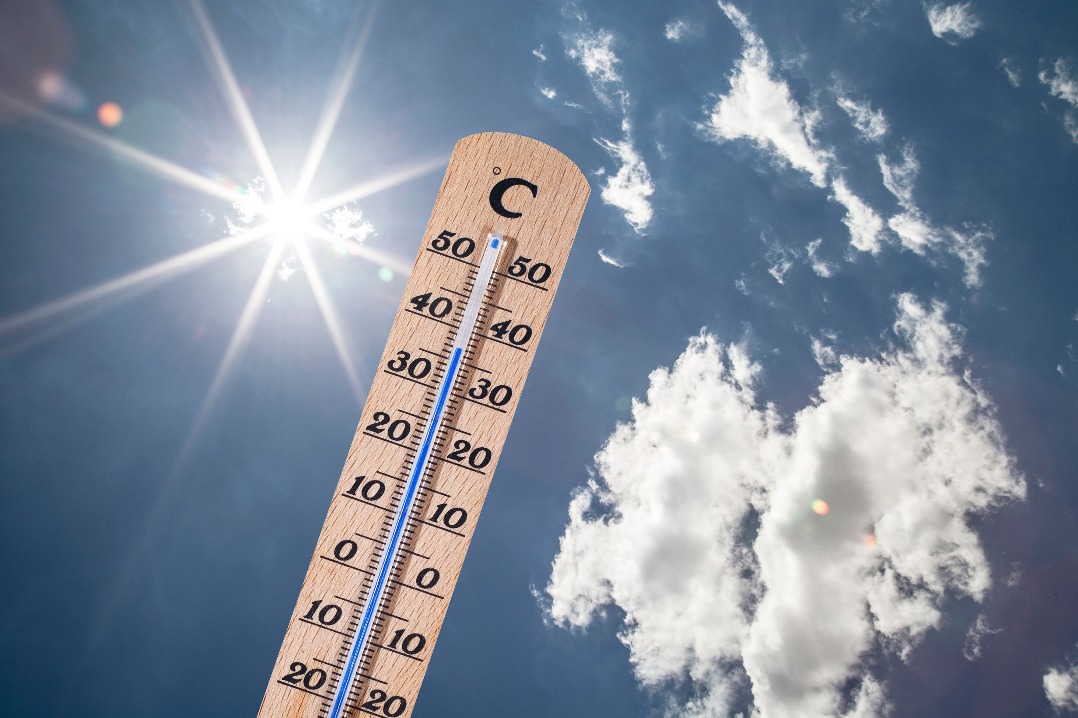Droughts push millions to starvation, says UN-backed report
New report, yesterday, raised concerns that droughts, fuelled by climate change and relentless pressure on land and water, have escalated, triggering cascading shocks to food, energy, ecosystems and human survival across the world.
The report, prepared by the United States National Drought Mitigation Centre (NDMC) and the United Nations Convention to Combat Desertification (UNCCD), with support from the International Drought Resilience Alliance, highlighted drought hotspots around the world from 2023 to 2025 and provided a comprehensive account of how droughts compound poverty, hunger, energy insecurity, and ecosystem collapse.
The continent-wide study revealed that Eastern and Southern Africa are among the worst-affected regions, as over 90 million people are facing acute hunger, while Southern Africa, already drought-prone, was devastated, with about 68 million, roughly one in six people, needing food aid in August 2024.
“In Eastern Africa, rates of child marriage doubled as families sought dowries to survive. In Zimbabwe, entire school districts saw mass dropouts due to hunger, costs, and sanitation issues for girls. In some areas, the Amazon River fell to its lowest level ever recorded, leaving residents stranded, including women giving birth, and entire towns without potable water,” the report stated.
Besides, the report stated that countries across the Mediterranean are also battling prolonged drought and extreme heat. According to the report, record-low river levels in 2023 and 2024 in the Amazon Basin led to the mass death of fish and endangered dolphins, and disrupted drinking water and transport for hundreds of thousands. Also, severe drought slashed Panama Canal traffic by more than one-third between late 2023 and early 2024, forcing ships onto longer routes and disrupting global supply chains.
To mitigate the challenge, the study called for immediate global investment in drought preparedness, stronger early warning systems and real-time monitoring of drought and drought impacts.
The report highlighted the importance of nature-based solutions, such as watershed restoration and indigenous crop use, building resilient infrastructure, including off-grid energy and alternative water supply technologies.
Co-author and NDMC Founding Director, Mark Svoboda, said: “This is a slow-moving global catastrophe, the worst I have ever seen. Svoboda stressed the need for gender-responsive adaptation, ensuring that women and girls are not further marginalised, as well as strengthening international cooperation in protecting transboundary river basins and trade routes.
Also, UNCCD Executive Secretary, Ibrahim Thiaw, said that drought is a silent killer as it creeps in, drains resources, and devastates lives in slow motion while its scars run deep.
The report further described the 2023-2024 El Nino event as having escalated the climate change crisis, amplifying drought impacts in agricultural and ecological hotspots. The co-author, Kelly Helm Smith of NDMC, said: “Many vulnerable societies and ecosystems were pushed beyond their limits.”












